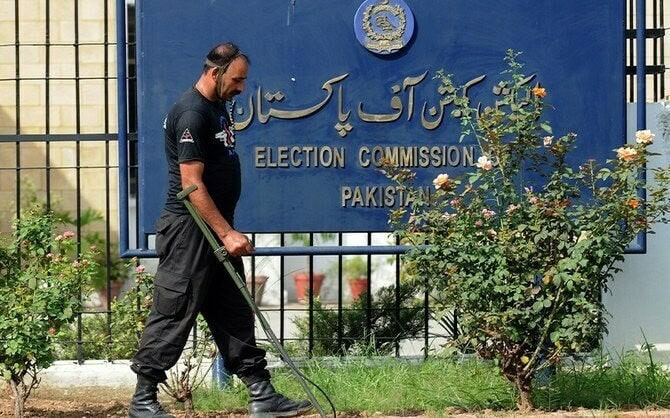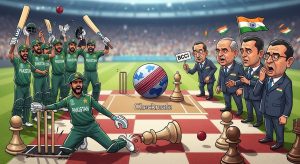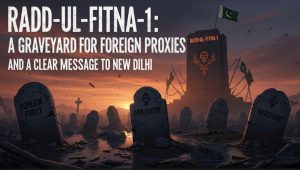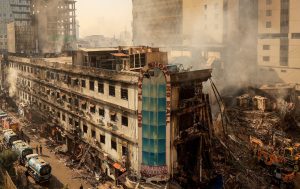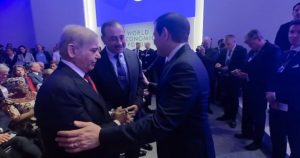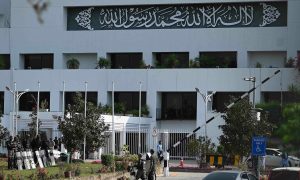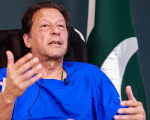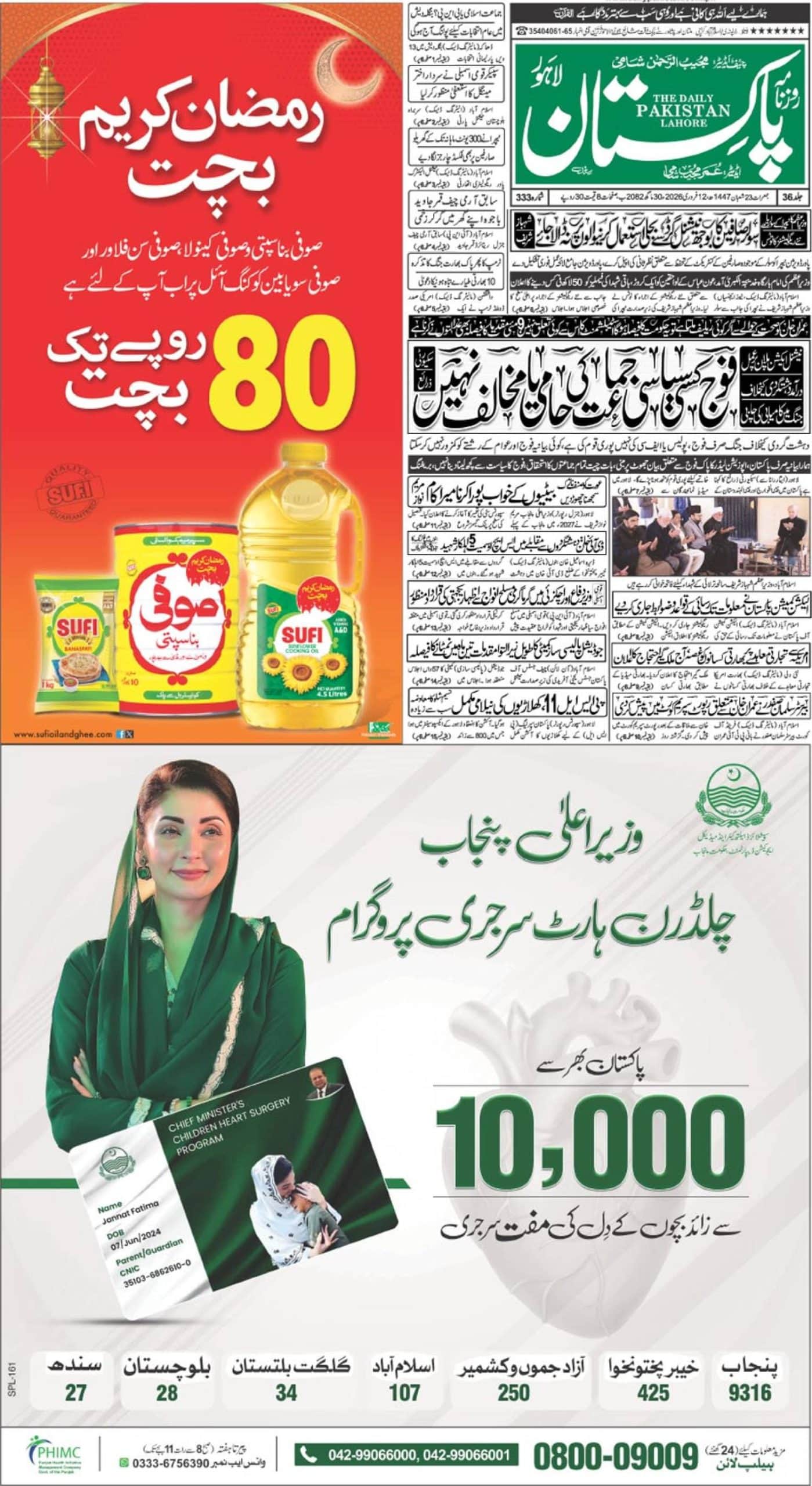Despite the fact that we have always been in dire straits, the current situation is driving the nation closer to anarchy. With governmental institutions at odds, it’s a free for all. The so-called democratic process is essentially dead, which makes our precarious situation worse. Who knows what will happen next?
The president’s unilateral announcement of the dates for the Punjab and Khyber Pakhtunkhwa assemblies’ elections on Monday has added a fresh wrinkle to the current power struggle. The Election Commission of Pakistan, which is in charge of conducting elections, has contested the legitimacy of President Arif Alvi’s statement and has set the two candidates against one another. The president had previously requested that the ECP confer with him over the dates of the elections, but the ECP declined on the grounds that the case was still pending.
Uncertain of its future, the beleaguered dispensation continues to be defiant and has made no indication that it will abide by the Lahore High Court’s order from February 10 to hold elections for the two provincial assemblies within the time frame allowed by the Constitution, igniting a new round of legal conflict.
Elections for the provincial assembly are being delayed by both the electoral authority and the administration. The predicament provides the impression that everything is being done to thwart the democratic process of change that is carried out through elections.
The constitutional requirement that elections be held within 90 days of the dissolution of a parliament has never before been so flagrantly violated in our recent political history. Since the dissolution of the governments in Punjab and KP more than a month ago, there has been no sign that the ECP and the government have complied with their constitutional duties.
It is pretty amazing that a government that is always proud to tout its democratic credentials is suddenly trying to avoid the voting process. It is not just about holding provincial assembly elections in accordance with the Constitution’s guidelines; it is also about the ruling coalition seeking a new mandate from the people to rule.
The government’s credibility and electoral chances will be further damaged if it hides behind justifications like the nation’s declining financial status and growing terrorist danger. A shortened National Assembly cannot assert that it speaks for the whole electorate. The position of the ruling coalition has been further weakened by the Lahore High Court’s decision halting the de-notification of numerous PTI MPs.
The PTI collectively left the National Assembly after the overthrow of its government in 2017, but the new speaker of the house just recently accepted their resignations after debating the issue for a while. After the PTI’s decision to reverse course and reconvene the legislature, the resignations were accepted.
The multitude of problems the nation is facing have been entirely ignored by a divided coalition troubled by internal rivalries. Due to its terrible policies, the nation’s economy was on the verge of collapse. We already appear to be speeding towards a circumstance similar to Sri Lanka. Notwithstanding the government’s tardy decision to begin enforcing IMF loan conditions, there are currently no signs that the Fund’s rescue package will be revived. The affluent have been exempt from the government’s massive new taxes, which have only touched the average person. Tradespeople and the business community continue to benefit from exemptions. More concerning is the spiralling inflation, which disproportionately affects the population’s poorer members.
Worst of all, even making the difficult modifications might not be enough to win the IMF’s blessing. It will be difficult for a weak administration with minimal political clout to maintain control over a very dangerous environment. The administration is in a vulnerable position since elections are scheduled for October 2023, and former prime minister Imran Khan is putting further pressure on it. The government appears to be surviving on a prop while its authority decreases. Despite the security establishment’s assurances that it avoids politics, its influence may be seen. Sedition charges being brought against opponents is a tried and true method of intimidating the opposition.
The PDM leadership is using the same outdated strategies to stifle opposition, as though it has not learned anything from the past. The NAB chairman’s resignation in response to what he saw as requests to perform “certain things” that he found unacceptable lends support to claims that the government is attempting to intimidate its critics by using the anti-corruption body. Whatever is going on in Punjab under the so-called caretaker administration, along with the opposition to holding elections for the provincial legislature, feeds concerns that a fresh strategy is being developed for the establishment of a longer-term interim setup. There is no chance that a military-backed agreement will succeed now since it has failed in the past. Any such attempt would seriously undermine the nation’s cohesiveness and further destabilise it.
The entire structure has been shaken by the latest problems. The nation is getting closer to chaos as a result of the political impasse. Political conflict and polarisation have made state institutions more vulnerable and given extraconstitutional authorities more room to operate.
It is among the most critical crises the nation has faced throughout its volatile political past. Political reconciliation is required. The PDM administration should work to diffuse the escalating political polarisation rather than attempting to maintain its authority through illegal means. The issues the nation is experiencing cannot be solved by fleeing the polls.

